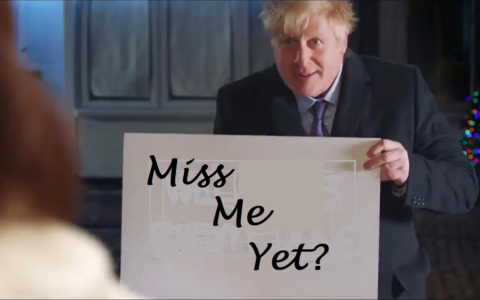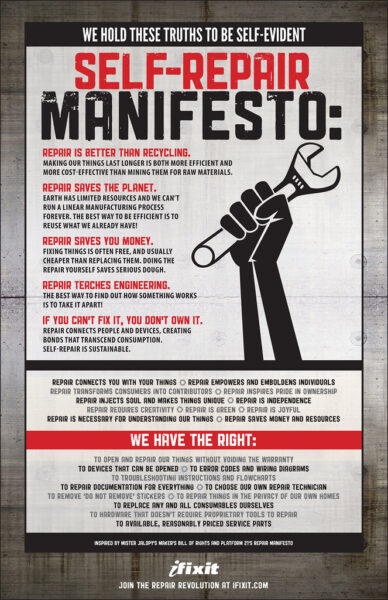Dominic Sandbrook on the terrible, awful, very bad start to Liz Truss’s Premiership:
If you believe the mainstream media, it has been yet another cosmically dire week for the Conservatives. But let’s stop going on about all the little things that went wrong, and concentrate instead on what went right. Nobody died. Liz Truss got through her speech without losing her voice, losing her mind or falling off the stage. The pound is back up to its level before Kwasi Kwarteng’s Fiscal Event. And maybe, just maybe, things are going to come right after all.
The winter energy crisis won’t be as bad as everybody fears. Inflation will start to come down. By the spring, that enormous Labour poll lead will be a fading memory. And as the next election approaches, ordinary people across the land will throw their caps in the air and cheer the name of Good Queen Liz …
No. No, I can’t do it. Tempting as it is to tilt against the conventional wisdom, sometimes you just have to face facts. The conference was awful. The speech was awful. This has been the worst start to any premiership, I think, in recent history — perhaps even in all British history.
Perhaps some readers will think this very harsh. But one close Truss ally, speaking off-the-record to the Financial Times, didn’t seem to think so. “I just went back to my hotel room and cried,” he said. “It’s a total disaster.” That’s pretty much what the general public think, too. In focus groups this week, the words that came up again and again were “incompetent”, “useless”, “untrustworthy”, “dangerous” and “clueless”. The punters aren’t always right, of course. But this time they are right, aren’t they?
“Our policy is great,” Penny Mordaunt told a fringe conference audience a couple of days ago, “but our comms is shit.” But if your comms really is shit, then who cares about the policy? Who even knows about it? Communicating your policy is the very essence of politics. If you can’t do it, you’ll never win another election.
I watched Truss’s speech through my fingers, embarrassed not just by the sheer lack of content, but the comically wooden and childlike delivery. It speaks volumes that in their desperation to find something, anything, nice to say about it, sympathetic papers applauded her for staying calm after she was interrupted by hecklers. Only somebody who had never heard of Harold Wilson, Margaret Thatcher or Tony Blair — all of whom were brilliant at dealing with interruptions — could have possibly thought this worth applauding.
For although academics and activists often prefer to talk about the abstractions of ideology or the nuts and bolts of policy, performance really, really matters in politics. To some extent, in fact, performance is politics. Even in a parliamentary system, you need a messenger who embodies the message, a leader who can charm and explain. Watch Thatcher talking to Robin Day in 1984, or Jim Callaghan being interviewed by Thames TV’s This Week in 1978, and it’s like entering a different world. Whatever their ideological differences, Thatcher and Callaghan are seasoned, accomplished performers, at the top of their respective games. They think about the questions. They talk in complete sentences, even complete paragraphs. They give long, considered, serious answers. They seem like impressive, well-informed, formidable people. Then watch Truss again, and try not to weep.






